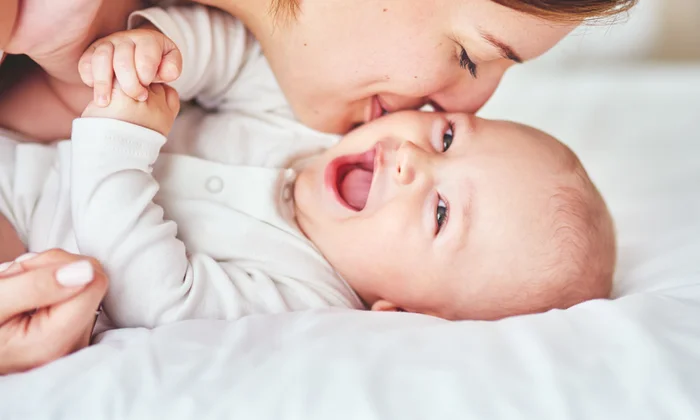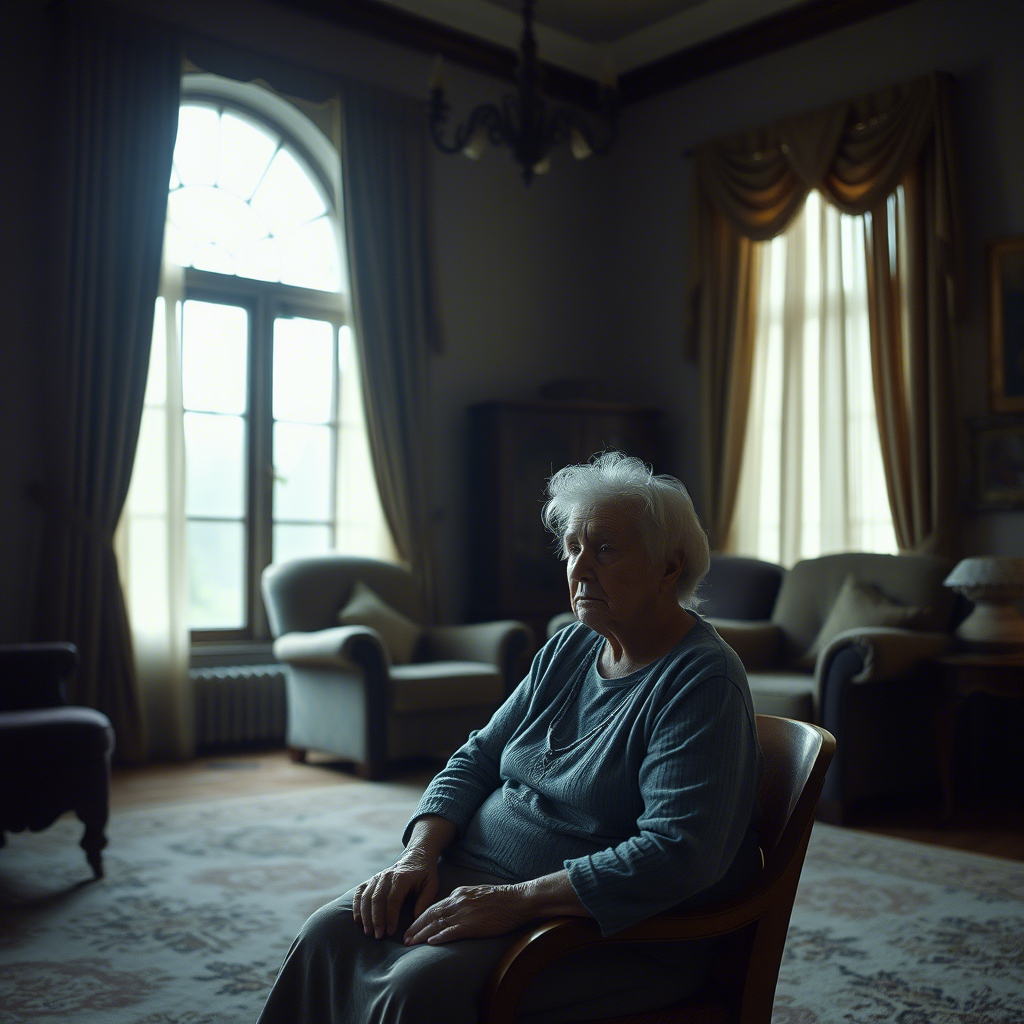In a reflective article published in The Guardian , columnist Rhiannon Lucy Cosslett looks back on three years of balancing motherhood and writing, sharing her mistakes, lessons, and the impact this dual journey has had on her life.
Cosslett explains that she began writing her parenting column around the premature birth of her son—at a time when she couldn’t stop writing, even in hospital. Over three years, she recalls challenges, regrets, and insights:
- Weaning regrets: She once criticized baby-led weaning but later admitted she was wrong.
- Over-worrying: She was consumed with fears about choking risks for her premature baby.
- Tummy time: She underestimated its importance, only to learn it can be vital for children with developmental delays.
- Insensitive writing: Looking back, she regrets how one of her pieces may have hurt women struggling with infertility or miscarriage, and says she would approach that subject more compassionately today.
Yet, she still stands by some strong convictions:
- Two weeks of statutory paternity leave is “laughable and insulting.”
- Fathers, just like mothers, cannot “have it all.”
- Current breastfeeding promotion policies often damage mothers’ mental health.
Key Lessons Learned
From these three years of parenting and column-writing, Cosslett highlights several important truths:
- Parenting moments are fleeting – writing about them helps preserve memories that would otherwise disappear.
- Community matters – messages, emails, and comments from readers made her realize that parenting is not a solitary journey but a shared experience.
- Writing about motherhood is not easy – behind her weekly column stands the invisible support of her partner and her mother.
With honesty and self-criticism, Rhiannon Lucy Cosslett admits to her mistakes while holding firm to her principles. Her writing captures the fleeting joys and struggles of parenthood and demonstrates that parenting is a journey of trial and error—where no parent is perfect, mistakes are inevitable, and shared stories help us feel less alone.
Guardian




